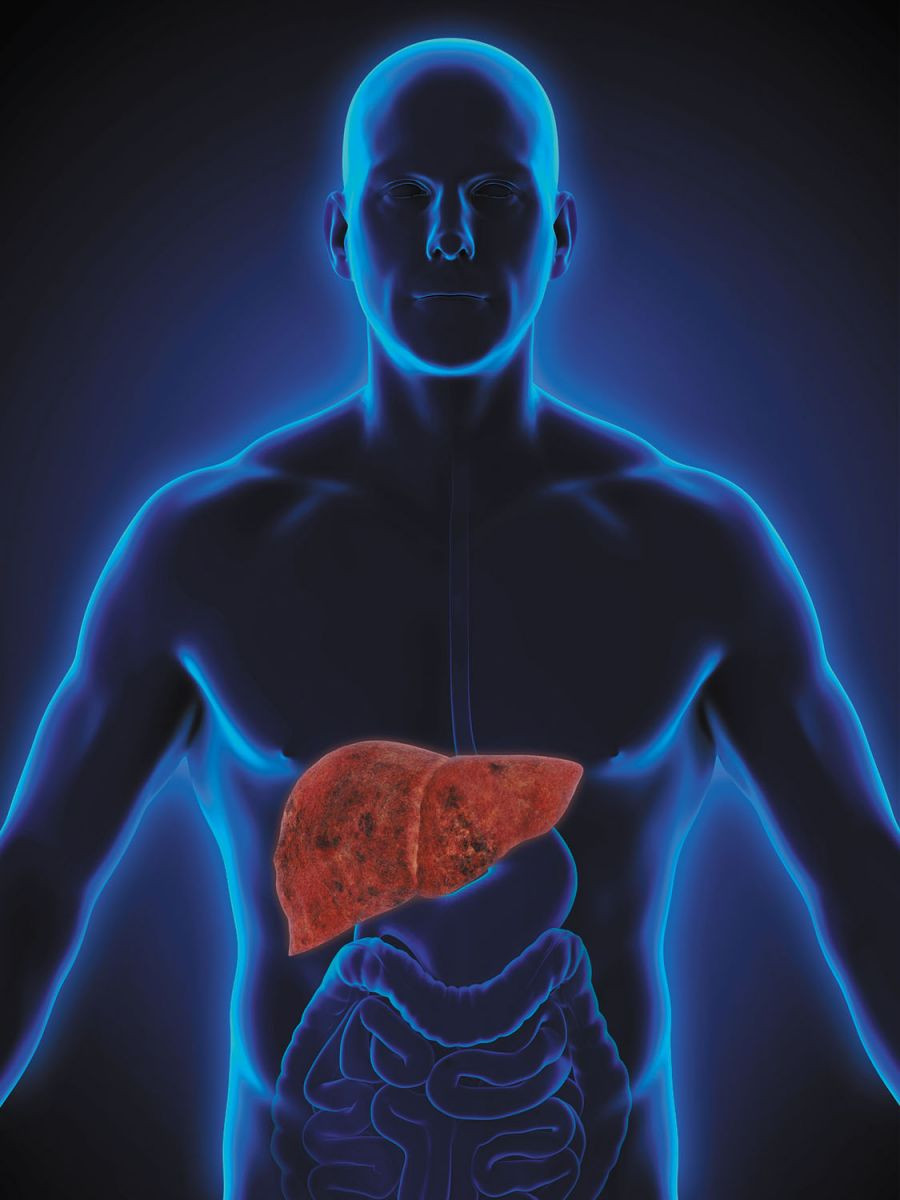
New thinking about plaque in arteries that feed the brain

Want to prevent shifting teeth? Maybe you need retainers

What you need to know about the new dietary guidelines

Food that’s healthier for people and planet can be cheaper, too

New evidence that polyphenol-rich foods help the heart

8 simple ways to reduce ultra-processed foods in your diet

How to curb your stress eating

How to spot Parkinson’s disease symptoms

Heart failure symptoms in women: How they’re different

GERD diet: Foods to avoid to reduce acid reflux
Nutrition Archive
Articles
The new-old way to treat gout
New guidelines suggest doing more of the same. The problem is that many people don't.
You never forget your first gout attack. The severe pain, swelling, and redness hits hard and fast. The initial attack often strikes your big toe's large joint, but later ones might affect the foot or ankle. Other hot spots include the knees, hands, and wrists.
First-line treatment is quite effective and includes anti-inflammatory medications, ice therapy, and rest. A combination of diet and lifestyle changes and prescription drugs — an approach called urate-lowering therapy, or ULT — is typically recommended if attacks recur or become more severe.
Eat more plant-based proteins to boost longevity
News briefs
If you'd like to try a vegan diet but can't imagine nixing all animal products, consider two recent findings. One, published online July 22, 2020, by The BMJ, comes from researchers at Harvard and Tehran University. They analyzed 32 studies about protein intake that included more than 715,000 people, with follow-up periods ranging from three-and-a-half years to over three decades. Combining data from multiple studies, the researchers calculated that getting 3% more of total calories in the form of plant protein (like beans, nuts, and whole grains) lowered people's risk for premature death by 5%. Another study, published online July 13, 2020, by JAMA Internal Medicine, looked at the survival rates of more than 416,000 people who'd reported their diet and lifestyle information 16 years earlier (when they were 50 to 71 years old). In this study, shifting just 3% of calorie intake from animal protein (meat, poultry, fish, or dairy products) to plant protein corresponded with a 10% decrease in death from any cause over that period, for both men and women. In particular, replacing eggs and red meat with plant proteins appeared to reduce death risk by as much as 24% in men and 21% in women — especially in people with high intake of eggs and red meat. The new findings don't prove that favoring plant-based proteins will add years to your life, but many other studies have associated high intakes of red and processed meats with shorter life span.
Image: © Arx0nt/Getty Images
Broccoli and brussels sprouts may promote heart health
Broccoli, brussels sprouts, and other cruciferous vegetables are associated with fewer calcified fatty plaques in the aorta.
Moderate amounts of coffee are the best
Drinking no more than four or five 8-ounce cups of coffee per day—equal to about 400 milligrams of caffeine—helps people get the drink's health benefits with a lower risk of caffeine side effects like anxiety and nervousness.
Intermittent fasting: Does a new study show downsides — or not?
Growing evidence shows that intermittent fasting leads to significant weight loss. A recent study contradicted these findings, but the way this study was designed and implemented raises some questions about its conclusions.
Getting your vitamins and minerals through diet
The benefits of multivitamins are looking doubtful. Can we do without them?
The answer is a qualified yes – we can do without them, as long as you eat a well-balanced diet rich in fruits and vegetables.
In the past, doctors often suggested a standard multivitamin with minerals each day. They don't cost much, and earlier studies had shown some benefits. For example, it appeared that folic acid and other B vitamins might lower the risk of heart disease, stroke and possibly cancer. But more recent studies have shown no added benefit of multivitamins for healthy people that eat a balanced diet.
What you need to know about calcium
Calcium is billed as the bone-building nutrient. But some experts argue that we should pay more attention to exercise and vitamin D.
Starting on your 51st birthday, current government guidelines say you're supposed to consume 1,200 milligrams (mg) of calcium daily. With advancing years, both men and women begin to experience a decline in the density of bones that makes them weaker and more likely to break. In essence, your bone becomes more porous, and calcium supposedly fills in the holes.
But the amount of calcium adults need continues to be debated. The critics say there's little evidence that high intake has more than a marginal effect on bone density and fracture prevention. They say exercise and reversing vitamin D deficiency are not promoted enough and are more important for bone health. Professor Walter Willett, chair of the nutrition department at the Harvard School of Public Health, is one of the leading lights in the critical camp.
Flavonoids: The secret to health benefits of drinking black and green tea?
Plant chemicals known as flavonoids may explain why tea drinkers seem less likely to have cardiovascular disease.
Black or green, hot or iced, tea is gaining in popularity. Many cities and shopping malls feature specialty tea shops, and bottled teas vie for space on store shelves. The tea market continues to grow year after year.
The skinny on fatty liver disease
Rates continue to rise, but there are ways to protect yourself and even reverse the effects of this dangerous disorder.
Your liver is your largest internal organ and your body's workhorse. Among its many jobs are converting food into fuel, processing fat from your blood, clearing harmful toxins, and making proteins that help your blood clot. Yet this hard-working, supersized organ is susceptible to a dangerous and often hard-to-diagnose condition called nonalcoholic fatty liver disease, or NAFLD.
NAFLD is defined as the presence of fat in more than 5% of liver cells. It is the most common liver disease and affects up to 25% of American adults, 60% of whom are men.

New thinking about plaque in arteries that feed the brain

Want to prevent shifting teeth? Maybe you need retainers

What you need to know about the new dietary guidelines

Food that’s healthier for people and planet can be cheaper, too

New evidence that polyphenol-rich foods help the heart

8 simple ways to reduce ultra-processed foods in your diet

How to curb your stress eating

How to spot Parkinson’s disease symptoms

Heart failure symptoms in women: How they’re different

GERD diet: Foods to avoid to reduce acid reflux
Free Healthbeat Signup
Get the latest in health news delivered to your inbox!
Sign Up











